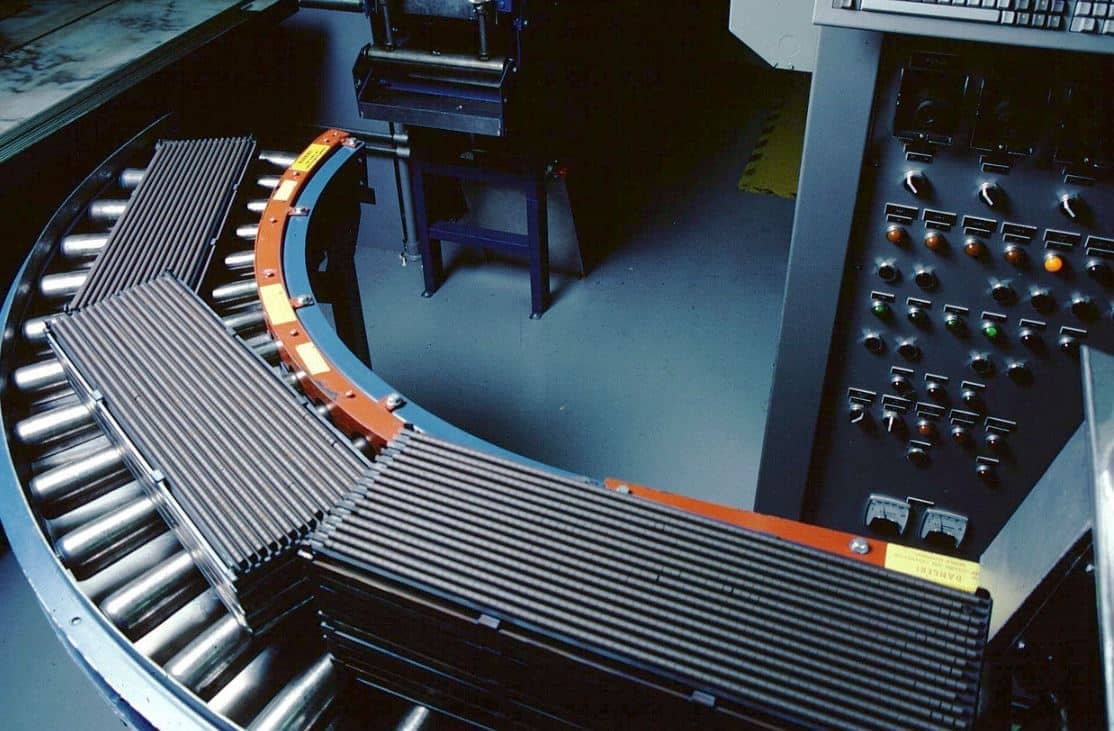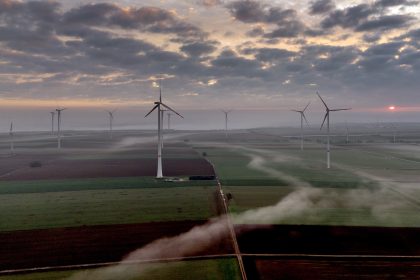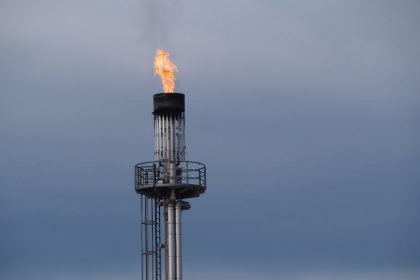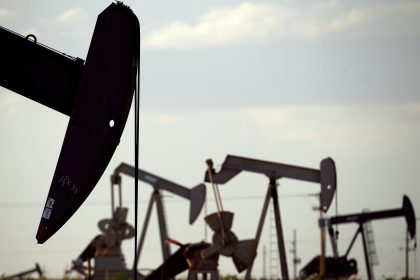$38M Award to Used Nuclear Fuel Recycling Initiatives

WASHINGTON — The Energy Department has awarded $38 million to support a dozen projects intended to reduce the impacts of light-water reactor used nuclear fuel disposal.
The projects, led by universities, private companies, and national laboratories, were selected to develop technologies to advance used nuclear fuel recycling, reduce the volume of high-level waste requiring permanent disposal, and provide safe domestic advanced reactor fuel stocks.
Nuclear energy generates nearly a fifth of America’s electricity and accounts for half of all domestic clean energy generation. While used nuclear fuel, sometimes referred to as spent nuclear fuel, is created during the process of generating nuclear energy, clean energy generated from this fuel would be enough to power more than 70 million homes. Further, used nuclear fuel can be recycled to make new fuel and byproducts that support the deployment of nuclear energy and advance President Joe Biden’s goals to offset climate change and domestic reliance on fossil energy through widespread clean energy use.
“For America to further harness the safe, reliable clean energy produced at nuclear facilities across the country, the administration and DOE recognize the importance of developing practical uses for America’s used nuclear fuel,” said Energy Secretary Jennifer Granholm in a written statement.
“Recycling nuclear waste for clean energy generation can significantly reduce the amount of spent fuel at nuclear sites, and increase economic stability for the communities leading this important work,” she said.
Led by DOE’s Advanced Research Projects Agency-Energy, the following teams have been selected to receive funding:
- Argonne National Laboratory (Lemont, Ill) will develop a highly efficient process that converts 97% of UNF oxide fuel to metal using stable next-generation anode materials. (Award amount: $4,900,000).
- Argonne National Laboratory (Lemont, Ill) will develop, produce, and test a suite of compact rotating packed bed contactors for used nuclear fuel reprocessing. (Award amount: $1,520,000).
- Curio (Washington, D.C.) will develop and demonstrate steps of the team’s used nuclear fuel recycling process—known as NuCycle—at the laboratory scale. (Award amount: $5,000,000).
- EPRI (Charlotte, N.C.) will develop a recycling tool intended to address the coupled challenges of nuclear fuel life-cycle management and advanced reactor fuel supply. (Award amount: $2,796,545).
- GE Research (Niskayuna, N.Y.) will develop a revolutionary safeguards solution for aqueous reprocessing facilities. (Award amount: $6,449,997).
- Idaho National Laboratory (Idaho Falls, Idaho) will design, fabricate, and test anode materials for electrochemically reducing actinide and fission product oxides in UNF. (Award amount: $2,659,677)
- Mainstream Engineering (Rockledge, Fla.) will develop a vacuum swing separation technology to separate and capture volatile radionuclides, which should lower life cycle capital and operating costs, and minimize waste that must be stored. (Award amount: $1,580,774).
- NuVision Engineering (Mooresville, N.C.) will design, build, and commission an integrated material accountancy test platform that will predict post-process nuclear material accountancy to within 1% uncertainty in an aqueous reprocessing facility. (Award amount: $4,715,163).
- University of Alabama at Birmingham (Birmingham, Ala.) will develop a single-step process that recycles used nuclear fuel by recovering the bulk of uranium and other transuranics from UNF after dissolution in nitric acid. (Award amount: $1,844,998).
- University of Colorado, Boulder (Boulder, Colo,) will advance technology capable of high-accuracy, substantially faster measurements of complex used nuclear fuel mixtures. (Award amount: $1,994,663).
- University of North Texas (Denton, Texas) will develop a self-powered, wireless sensor for long-term, real-time monitoring of high-temperature molten salt density and level to enable accurate safeguarding and monitoring of electrochemical processing of used nuclear fuel. (Award amount: $2,711,342).
- University of Utah (Salt Lake City, Utah) will develop a pyrochemical process for efficiently converting used nuclear fuel into a fuel feedstock suitable for sodium-cooled fast reactors or molten-salt-fueled reactors. (Award amount: $1,454,074).
Upon discharge from a nuclear reactor, the used nuclear fuel is initially stored in steel-lined concrete pools surrounded by water. It is later removed from the pools and placed into dry storage casks with protective shielding.
Most of the nation’s used fuel is safely and securely stored at more than 70 reactor sites across the country. Projects funded through the Converting UNF Radioisotopes Into Energy (CURIE) program will enable secure, economical recycling of the nation’s used nuclear fuel and substantially reduce the volume, heat load, and radiotoxicity of waste requiring permanent disposal. These efforts will also provide a valuable and sustainable fuel feedstock for advanced reactors.
Dan can be reached at [email protected] and at https://twitter.com/DanMcCue.

























